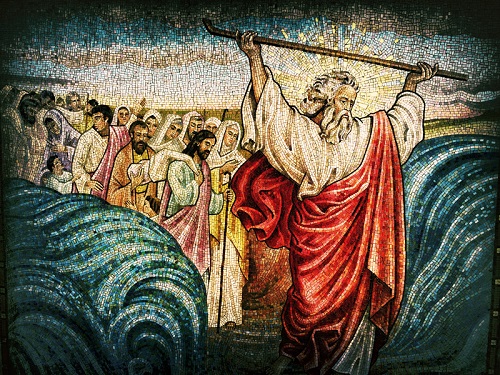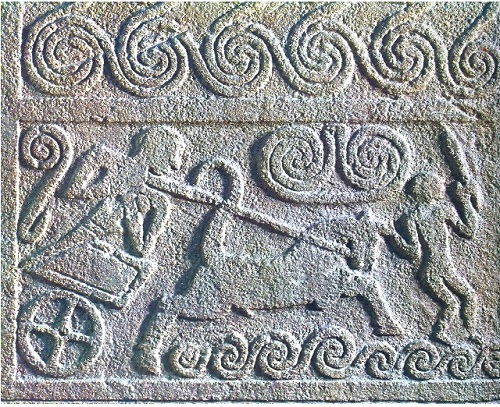
A Resurrection Day Meditation
Most Christians are aware that Jesus, Yeshua, is our Passover lamb (1 Cor 5.7) and thus completes and fulfills the symbolism of the Passover. The Passover lamb was a type. Jesus is the fulfillment, the reality that the symbolism and the type pointed to. We often focus narrowly on the typology of Jesus being our Passover lamb, the sacrifice for our sins who “died for sins once for all, the righteous for the unrighteous, to bring you to God.” (1 Pe 3.18) This is or course of paramount importance because it is Yeshua’s sacrifice that makes it possible for us to have peace with God (Ep 2.14-15) and thus enables us to live with God. (John 14.23) But for this meditation I want to widen the focus and take a look at the bigger picture of what God is doing through the Passover and Easter and the ultimate purpose for both that we should keep in mind. Continue Reading







